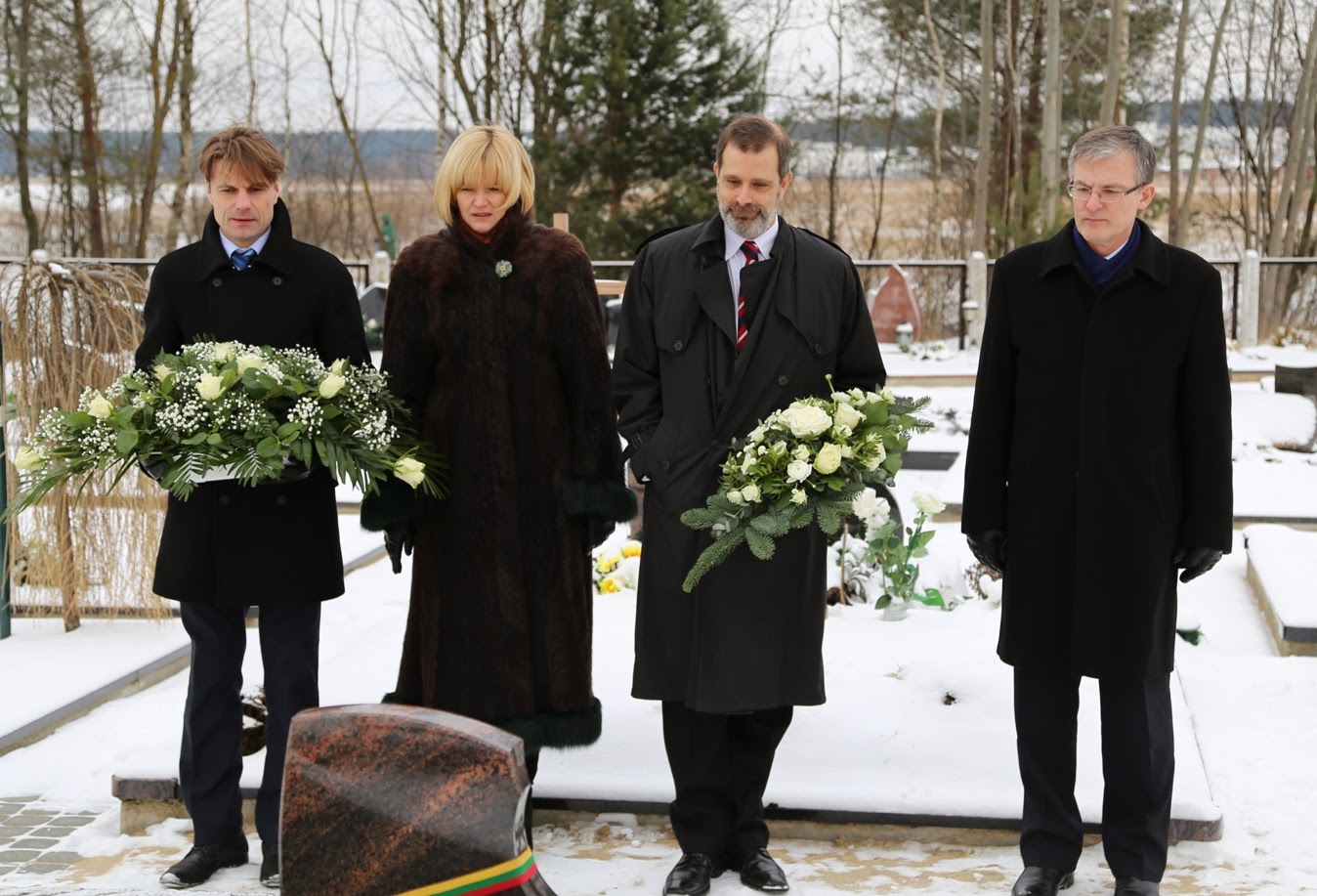On
January 17, Deputy Chief of Mission Robert Silberstein visited the city of Alytus. Mr. Silberstein met with the Vice-mayor of Alytus to discuss
local Lithuanian-American projects and events. Alytus is the sister city of
Rochester, NY, and one of the signature programs of this partnership is the
virtual orchestra bridge which connects the Alytus Music School Youth Symphony
Orchestra and the Hochstein Youth Symphony Orchestra. On February 2, the
virtual “bridge” will connect the two orchestras for a live performance. In the education sphere,
the Alytus College will host a U.S. Fulbright Scholar, the first college (as
opposed to a university) in Lithuania to do so. Dr. Joseph Bulsys will teach
Communication courses and develop curriculum in public speaking; work with
Alytus College on academic projects; and establish a partnership between the
Alytus college and SUNY-Geneseo.
During
his visit, DCM Silberstein also presented the U.S. Embassy book donation to
Alytus Jurgis Kuncinas Public Library as part of the Lithuanian President's
initiative ,,Knygu Kaledos” (Books for Christmas). In his remarks during the
presentation, Mr. Silberstein said, “Today, reading is no longer a solitary
pastime. People talk about what they’ve read on social media, almost, it seems,
in real time. So I hope that these books will find their fans in every medium,
and will be used to create many events and conversations that bring our two
nations closer together.”
Mr.
Silberstein visited the Maple Street Cemetery to honor the memory of Sgt. Arunas Jarmalavicius, a native of Alytus
who was killed during an attack on an
airfield base in Chaghcharan (Afghanistan), by laying flowers on his grave.
Mr.
Silberstein also met with the representatives of Alytus Women's Center, a NGO
that maintains a domestic violence crisis center.






